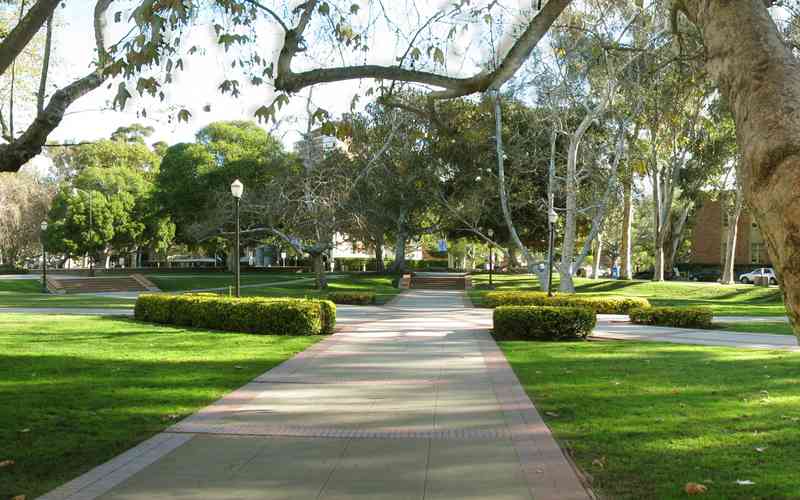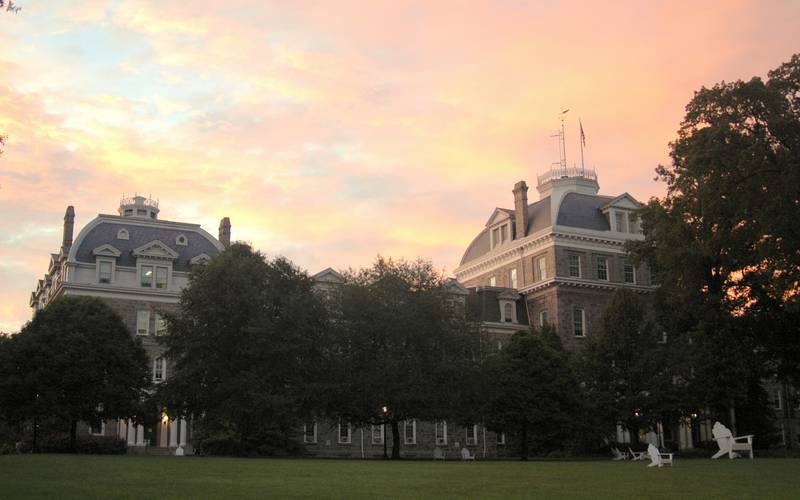undergraduate
Physiological psychology
Best schools with physiological psychology
What is a physiological psychology major?
A curriculum in which one studies the biological bases of psychological functioning, and their application to experimental and therapeutic research problems. Class topics include functional neuroanatomy, neural system development, biochemical neural regulatory mechanisms, neurological biophysics, memory storage and retrieval, physiology of cognition and perception, physiological bases of psychopathology and behavioral disorders, psychopharmacology, comparative psychobiology, and specialized experimental design and research methods.
of students said a highlight of this major was the fascinating subject.
of students found this major to be difficult.
of students said they were motivated to select this major because it fit their passion & interest.
of students and alumni plan on being or are currently employed in an occupation related to this major.
of students said complex concepts were a challenging aspect of the major.
How much do physiological psychology majors make?

This data isn't currently reported, but we're working on it!
How popular is physiological psychology as a major?
Each year, around 1,260 students obtain a bachelor’s degree in physiological psychology. In 2021, 1,326 students received a bachelor's degree. This is 3% more physiological psychology majors than there were in 2020. Physiological psychology is a relatively popular major compared to other psychology majors.
Advice from physiological psychology majors
Share your experiencePut God 1st and all Your Dreams and success will come True
Reading alot of things about your mind try to understahdn why you want to sutdy this topic and study your mind deeply.
As long as you stay focused said you're so short-term and long-term goals you can achieve this. Stay positive and don't give up and don't be afraid to ask for help.
Some advice I would like to give make the most out of your major and be sure to be passion about it.
There will be times when you will think your not able to do it, but keep going and persevering!





